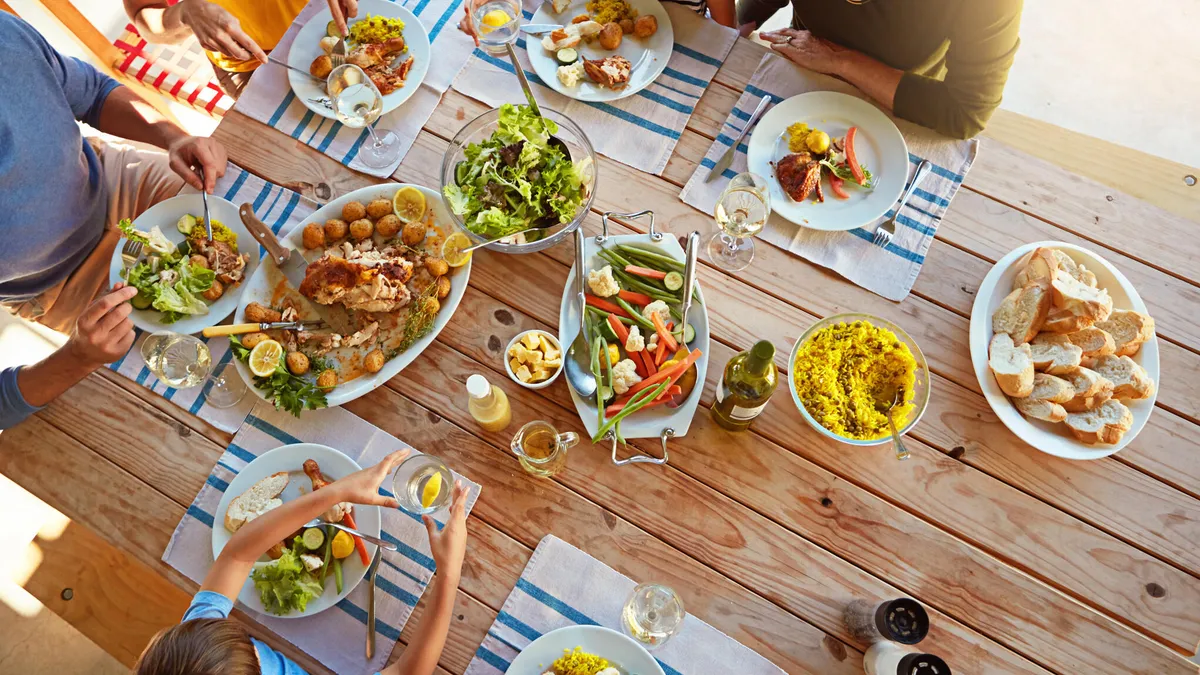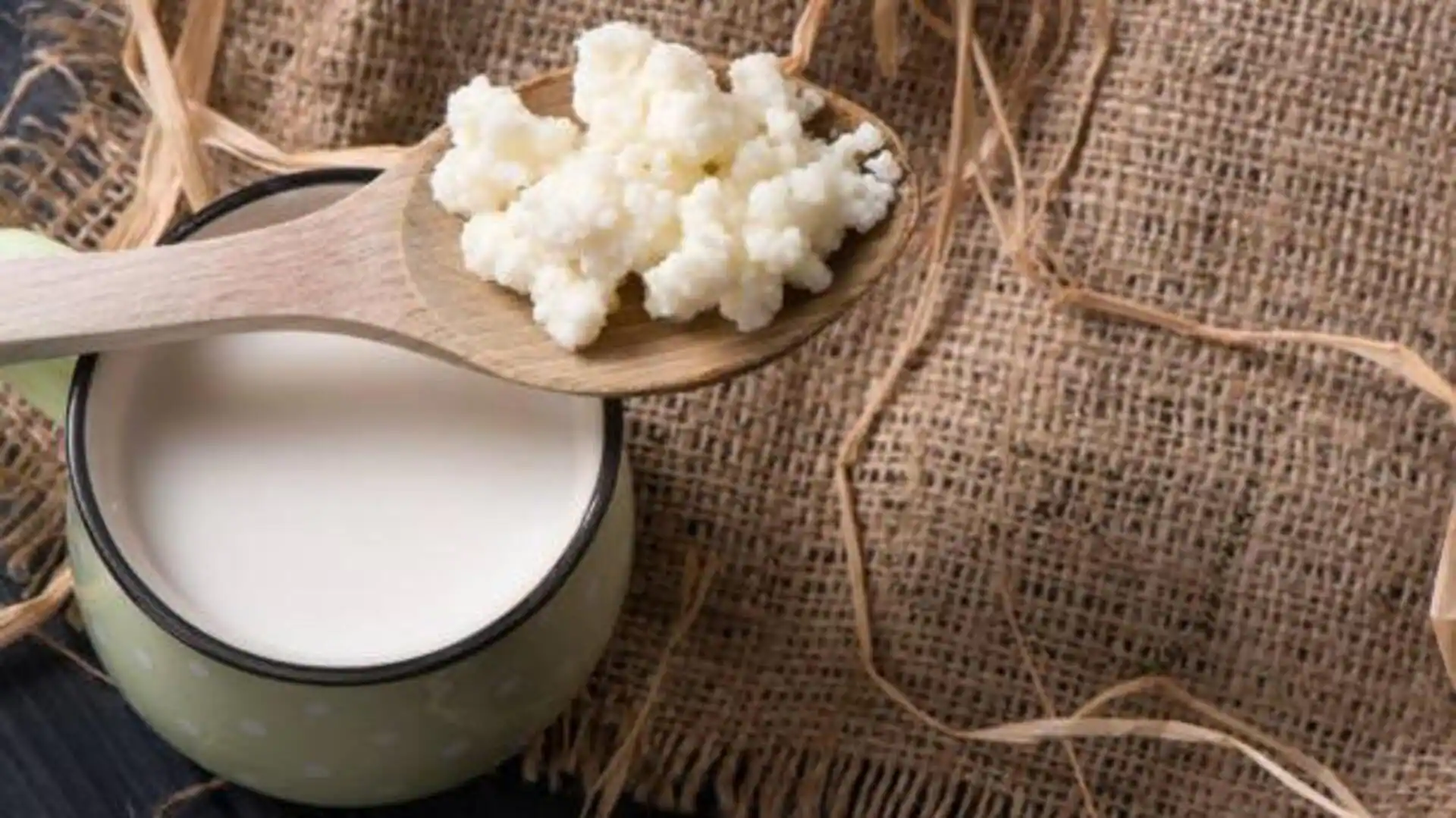Copyright CNET

I've come to the conclusion that I'd much rather put my creativity towards things other than creating meal plans. So I decided to test out Ollie, an AI-powered app that can cater to my list of dietary preferences while also keeping recipes simple. Over one week, I used Ollie to see if it could meet me where I'm at: on the go, extreme decision-fatigue and a willingness to lean on someone -- or, in this case, something -- to reduce steps and cognitive load. Don't miss any of our unbiased tech content and lab-based reviews. Add CNET as a preferred Google source. How does Ollie use AI? Ollie was cofounded by Bill Lennon, Christy Shannon and Rushabh Doshi in 2023 as a way to address and respond to the mental load that's often associated with family meal planning -- particularly when dealing with picky eaters and diverse dietary needs. "As parents ourselves, we know the time and effort it takes to figure out what to make for dinner each night, including the grocery shopping and meal planning that goes along with it," Shannon tells me. "We created Ollie to take on that job so we would have more time for things that matter." Throughout the process, Lennon and Fergus leveraged AI to design a solution that helps people manage the stress of planning, shopping and meal prep. While I'm technically a family of one, I can still relate to the mental load of cooking for my gluten-free, whole-food diet. Ollie starts at $10/month ($7/month if you take on a yearly subscription) with a free, seven-day trial, and is compatible with both iOS and Android, with an appealing interface and branding. It uses AI across all aspects of its product, from the meal plans themselves to recipes, grocery lists and meal suggestions. It employs the typical AI model process, trained on culinary data, and can learn your dietary preferences. Ollie also incorporates real-time feedback so you can modify recipes to suit your specific needs. For example, I enjoy leeks but not onions, so I opted out of recipes and meals that would include the latter. Ollie's ability to use AI to analyze preferences and use computer vision to identify ingredients are all part of a bigger mission to help reduce food waste, save money and reduce stress. My takeaways from using Ollie After navigating Ollie's five-part questionnaire, my starting menu was ready. I had the option to replace or modify suggestions based on my needs. I found a lemon-herb Mediterranean chickpea skillet recipe that felt like something I had attempted making previously. This was the fun part: I could ask Ollie's AI to modify my recipe -- like adding a tinge of orange zest to the dish -- and it would add those ingredients to it. Each recipe had an explanation, ingredients, instructions and nutrition info right below the name of the dish. I opted to use the Ollie AI Shopping List, which I could then order for pickup from my local grocery store. (There are 10 online and in-person grocery stores to choose from.) I really enjoyed this feature, but was bummed that my specific grocery store, Whole Foods, wasn't there. This is solely personal taste, since I can walk there from my house. But, since I sometimes opt to use a personal shopping service instead, I took my ingredients from Ollie and sent them over that way. I shared this with the Ollie team, who confirmed that they are actively working on adding new grocers to the app as an evolution of its integration with Amazon Fresh and Instacart. My favorite aspect of Ollie was its ability to use computer vision to analyze photos from my pantry to identify available ingredients. There were some nights that I didn't want to cook so I would use a food waste app to get spontaneous items and then look to my fridge for items that I could place into it. This felt like a double effort to reduce waste, which felt like a little boost to the process itself. I also appreciated that Ollie also has the ability to save recipes to your device, and can showcase different meals for your preferences for each meal of the day. You can get more insights on the relationship between food and health on Ollie's blog. Should you use Ollie AI? I was pleasantly surprised with how much I enjoyed Ollie -- mostly because I am really picky about user experience and have a hard time keeping new tech on my radar to remember to use it, even when I do like it. This time, though, I was very clear on my needs and Ollie met those expectations. What I took away from Ollie is that when a company is intentional yet simple with its AI build and outcomes, the user wins. I currently have meals planned and prepped -- including a Thai peanut turkey bowl that simmers in a chicken bone broth -- that I'm excited to try this month. I learned throughout the process, and there weren't any glitches. If Ollie worked this well for me as a single person, I can only imagine how valuable it would be for a family juggling multiple dietary preferences.



